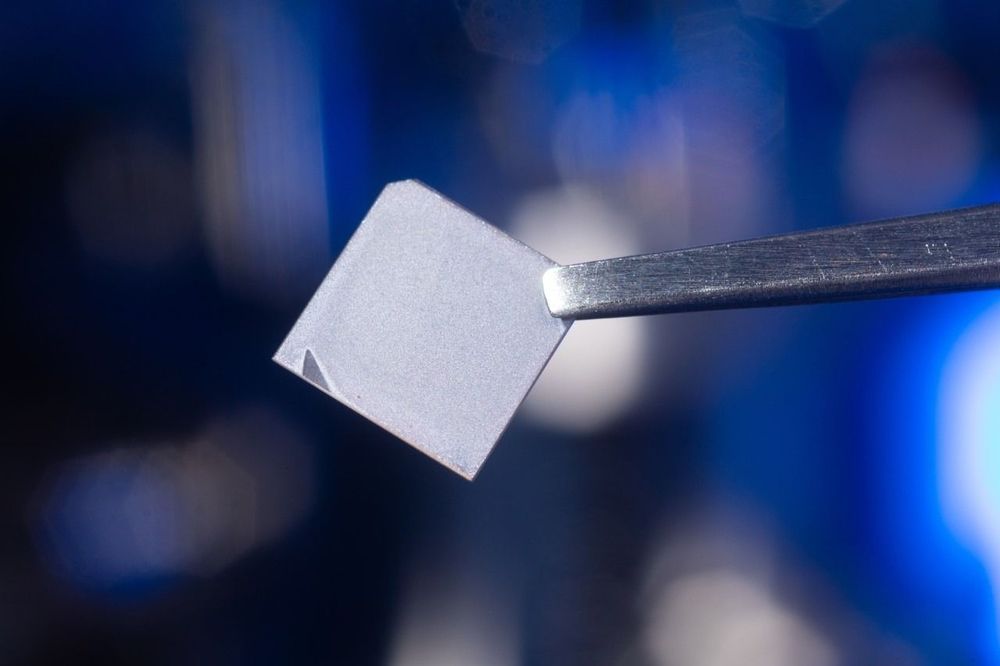Scientists have created thin films made from barium zirconium sulfide (BaZrS3) and confirmed that the materials have alluring electronic and optical properties predicted by theorists.
The films combine exceptionally strong light absorption with good charge transport—two qualities that make them ideal for applications such as photovoltaics and light-emitting diodes (LEDs).
In solar panels, for example, experimental results suggest that BaZrS3 films would be much more efficient at converting sunlight into electricity than traditional silicon-based materials with identical thicknesses, says lead researcher Hao Zeng, Ph.D., professor of physics in the University at Buffalo College of Arts and Sciences. This could lower solar energy costs, especially because the new films performed admirably even when they had imperfections. (Manufacturing nearly flawless materials is typically more expensive, Zeng explains.)









Comments are closed.